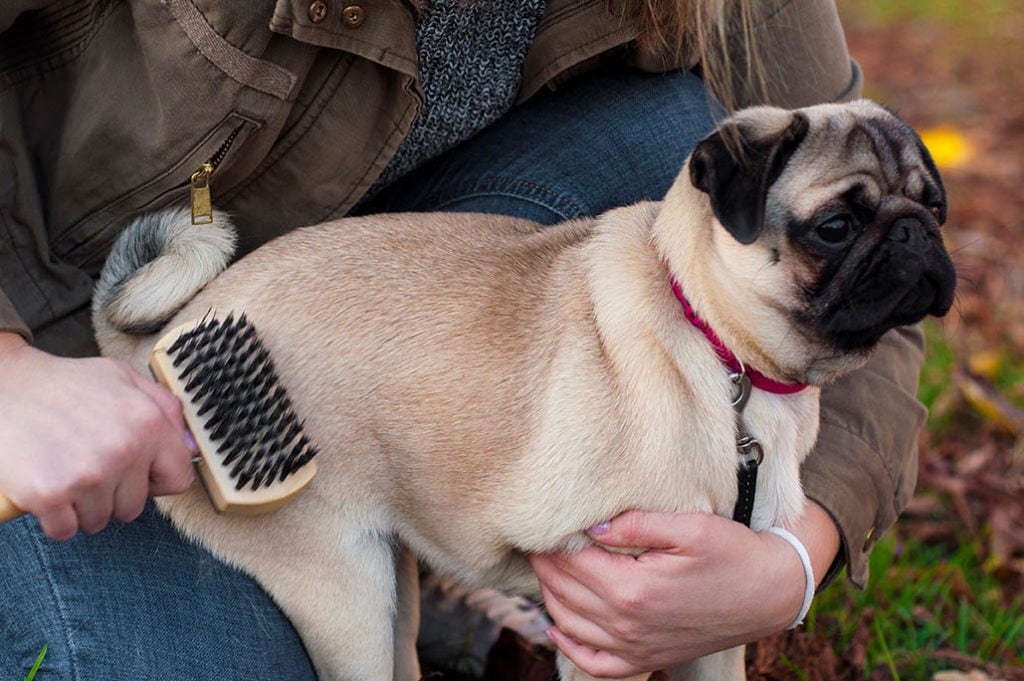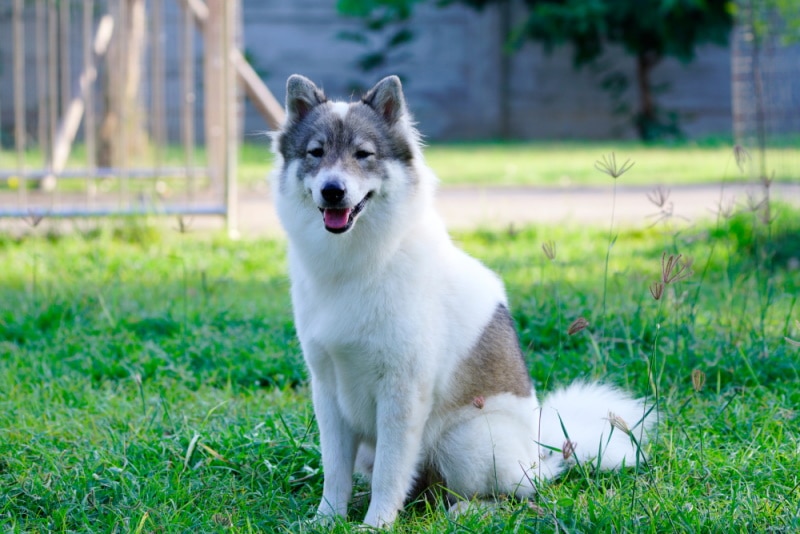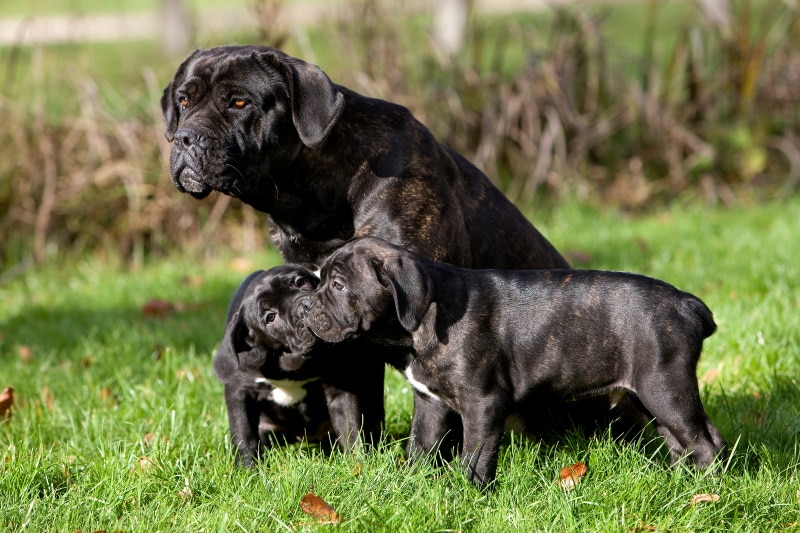Can Dogs Eat Gourds? Health Review
Updated on

Dogs aren’t only man’s best friend, they’re also cherished family members. With our four-legged pals being so important to us, ensuring they are eating healthy is a must. A well-rounded diet is a great way of helping your dog live a longer, happier life. It’s natural, however, to want your dog to enjoy foods other than their normal kibble. Adding a few fruits and vegetables to your dog’s diet is a fun way to give them a bit of variety while ensuring they aren’t eating foods that aren’t good for them. That is, if they are safe for them to eat.
One such group of vegetables that are readily available in most areas are gourds. The gourd plants bear fruits. The question is, can dogs eat gourds? The answer to that question isn’t as simple as one might think. Most commonly found gourds and their seeds aren’t toxic to dogs but there are some out there your dogs shouldn’t eat. Different definitions of gourd are given and for the purposes of this article we are referring to the fruit of a trailing vine in the Cucurbitaceae family. Let’s take a deeper look at which gourds are safe for your dogs to enjoy and the benefits they provide.
Gourds That Are Safe for Your Dog to Eat
Let us first say that we could not find much research into the health benefits of the many types of gourds in dogs. This does not seem to be an area of extensive research in the scientific community. Much of what is known is anecdotal and extrapolated from humans. As such we would recommend caution in feeding any type of gourd to dogs.
As we’ve already mentioned, some types of gourds do appear safe for your dog to eat. That doesn’t mean you can toss a gourd down to your dog without knowing exactly what you are giving them. In case you weren’t aware, there are several gourd varieties out there. Some are only safe when cooked. Others can be eaten both raw and cooked. As with anything you add to your dog’s diet, moderation is key. Offering your dog too much safe-to-eat gourds can result in an upset stomach, blockages, and other digestion issues. Let’s take a look at a few gourds the ASPCA says your dog can eat.1
- Bitter Gourd – Momordica charantia – This gourd, also known as bitter melon,2 is safe for dogs to eat both raw and cooked. Bitter gourd offers lots of fiber to your dog’s diet to help aid digestion. It is best to avoid giving bitter gourd to pregnant dogs, however, as it is believed to cause health issues to female dogs that are expecting and excessive consumption have shown to cause antifertility properties in male dogs.
- Ivy Gourd (Coccinia grandis) – Ivy gourd is one of the varieties that can only be fed to dogs when cooked.3 If a dog eats raw ivy gourd in large amounts it can be toxic. The sulfonylurea compounds and toxins from Ivy gourd could cause hypoglycemia in dogs.4
- Bottle Gourd (Lagenaria siceraria) – This gourd (Calabash) is high in vitamin C and fiber.5 However, it should only be given to dogs if cooked. Eating raw bottle gourd may result in issues with your dog’s digestion and stomach.
- Ash Gourd (Benincasa hispida) – Your dog can eat lightly cooked Winter Melon. This gourd is an excellent source of vitamins and minerals. Ash gourd also helps boost your dog’s metabolism. Avoid contact with the fuzzy hairs on young winter melons as they may cause skin irritation.

Gourds Your Dog Should Avoid
Now that we’ve taken a look at a few gourds that are safe for your dog to eat, let’s go over those that can be toxic to your pooch. This will help you avoid offering your dog a treat that could be dangerous for its well-being.
- Luffa Gourd – This gourd is poisonous to dogs in any form and should be kept away from your pooch.
- Decorative Gourds – These gourds are used to celebrate holidays and bring life to a home. They are also toxic to dogs thanks to the artificial additives applied to them.
- Hybrid Garden Squash – When varieties of gourds grow in the same garden, it’s possible for contamination to take place. These hybrid garden squash may look like a gourd that is safe, but it’s impossible to be sure, so they should be avoided.
- Apple Gourds – This is another gourd that is often used for decorative purposes and is highly toxic to dogs.
- Gooseneck Gourds – These gourds are often brought out in the fall of the year to make things more festive. Like other decorative gourds, these should not be given to a dog under any circumstances.
Final Thoughts
As you can see, there are gourds out there that are considered safe for your dogs to eat. Others should be cooked before they are offered to your best friend. If you’re ever unsure of what’s safe for your dog to consume, we would urge you to err on the side of caution and avoid feeding them. If in doubt you can reach out to your veterinarian. They will discuss with you what’s safe and nutritious for your pet so you can keep them on the best diet possible.
Featured Photo Credit: lars-h-knudsen, Pexels












